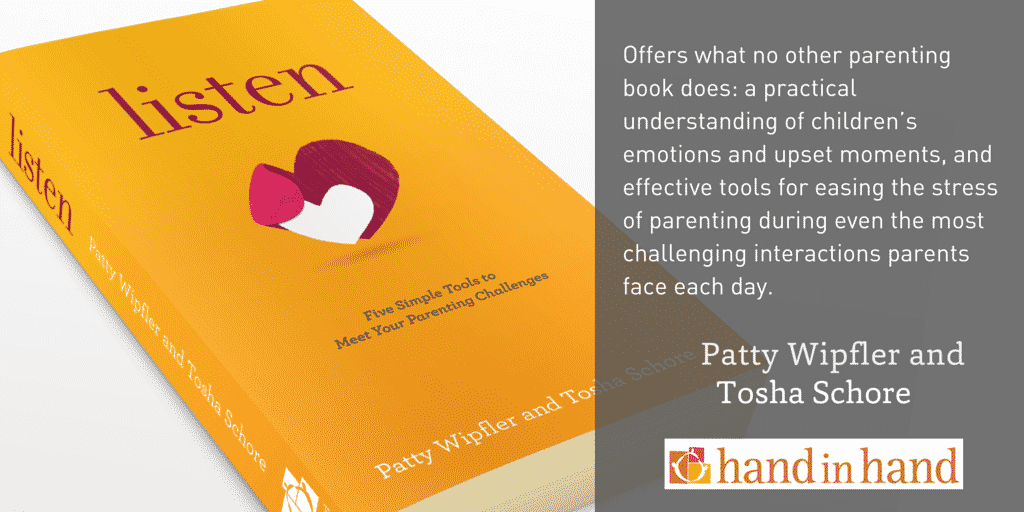If you have had a birth experience that did not go as you hoped or planned, it’s not selfish to have negative feelings about it.
Even though you, or the people around you, may expect the joy of the new baby to erase any negative feelings about the birth, your feelings matter.
Birth isn’t so black and white. We know from research that a women’s experiences giving birth stay with her for the rest of our lives. Twenty years later, women still remember the tone of voice a caregiver used. We replay whether we felt able to make choices and whether we felt safe.
These things all impact our experience.
Instead of the elation and wonder we hoped for, we can be left feeling defeated, angry, hurt, guilty or sad. We might feel this about the events of the birth and the people who were there, including ourselves. And it’s not uncommon to be left with the scars or residue of fearing for our babies’ lives, or our lives.
We may grieve the birth we had hoped for even as we love the baby who was born.
You Determine What Was Good and Not Good For You About The Birth
Birth experiences are deeply individual. While one woman may feel at peace with a particular outcome – for example, an unplanned Cesarean section – while another woman may feel traumatized by it.
Both experiences are valid.
After all, we are the only ones who can determine whether or not it was a “good” birth experience for us.
Happily, it is possible to fully recover from a birth that was hard or upsetting or traumatic.
Here are four ways you can use Hand in Hand Parenting tools to recover.
1. It's Never Too Late to Bond with Your Baby
 We know that the early bonding is good for both mother and baby, so when exhaustion or pain interferes with our ability to enjoy the immediate postpartum period, or we are separated from our babies early on, mothers worry about losing the chance to bond with their baby.
We know that the early bonding is good for both mother and baby, so when exhaustion or pain interferes with our ability to enjoy the immediate postpartum period, or we are separated from our babies early on, mothers worry about losing the chance to bond with their baby.
However, the brain has a tremendous plasticity, and so the window to bond does not close when isn't possible to bond early. Spending some of each day focusing solely on your baby, offering eye contact, gentle touch, and your warm tone of voice gives you moments to focus your love and caring in the way that you baby can absorb well
Try to choose a time that will be uninterrupted by phone calls, visitors, siblings or other responsibilities.
This Special Time with your baby is a wonderful addition to skin-to-skin, feeding time and other parts of your bonding routine and is good for you and your baby.
2. New-Mom-Care: Finding Your Listeners
In addition to rest, nutrition and hydration, consider listening time for yourself when you are ready. Being listened to about our fears, worries, exhaustion and, when we are ready, our feelings about the birth is a wonderful gift.
Over time, being listened to can take the negative charge out of the memories. You can tell the story as many times as you need to. Many, if not most, women, have not had the chance to tell their birth stories often enough.
You may need to be patient with yourself, as you adjust to the demands of caring for your new baby while you physically recover from the birth. Try not to pressure yourself to “move on.”
It may be a while before you feel closure about your birth experience, but you will get there.
If you already have a Listening Partner, great, stay in touch with them as you are able, even if it feels like you are trying to run in mud to do it. If you don’t have a Listening Partner, consider whether you have a friend or family member who is a good listener. Could you ask them to listen to you for five or ten minutes without interrupting or giving advice? At some point, you can offer to take a turn listening to the other person, making it a partnership.
Watch this Facebook Live on Parent to Parent Listening Time and its Benefits
3. Why It's Sometimes Hard To Settle a Baby
After a challenging birth, your baby may face some emotional challenges too. Sometimes, when you are confident that you have met your baby’s physical needs, you might find your baby still wants to cry.
A challenging birth, separation, or going through medical procedures leaves babies with feelings to offload. This post has more information about unexplained crying. You might also like Ages and Stages: What Crying Means
4. It’s Okay to Ask For Help
If only the whole family didn’t have to go through the postpartum period at the same time!
Every family deserves help navigating these early days and weeks, especially after a challenging birth. Think about who might be able to supply some meals, take on care for older siblings, or take care of some housework. Don't be scared to ask for help – you deserve this support.
Please Know That You Are Strong, and You Will Feel Good Again
To each woman whose birth experience has left her hurting, please know this: whatever your birth experience was, no matter what happened, what you did or didn’t do, the truth is that you are strong.
You didn’t fail.
You did the very best you could with the information and support you had at the time.
And while these feelings are hard right now, you can, and you will heal.
Love,
Catherine
Get the Hand in Hand Parenting book, available in paperback, e-book and audio and feel more confident in your parenting


